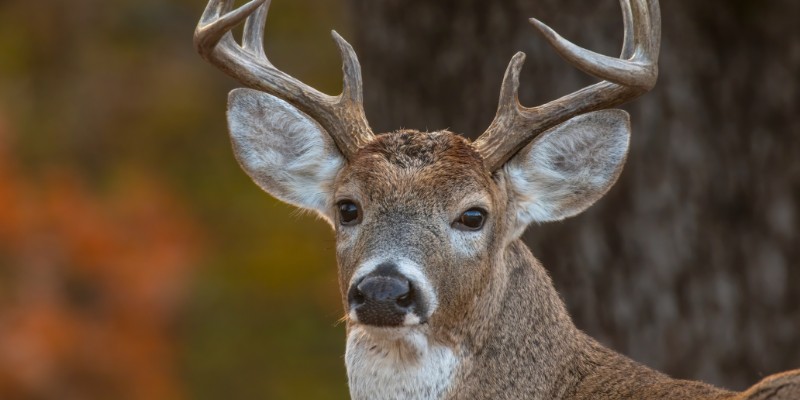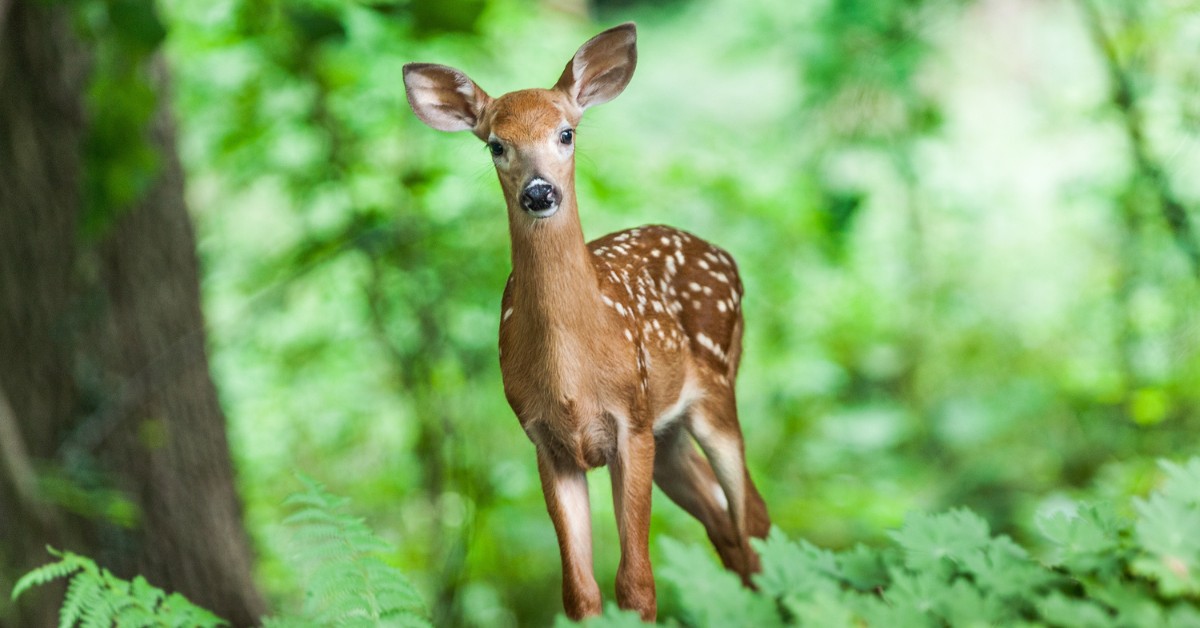Can Deer Smell Propane Heaters?
It is possible that deer can detect the smell of propane heaters. Deer have a keen sense of smell and are known to be able to detect various odors from a distance. However, the exact range at which a deer can detect the smell of a propane heater may vary depending on factors such as wind direction, the strength of the odor, and the sensitivity of the individual deer.
In general, it is likely that deer can detect the smell of a propane heater at a distance of at least a few hundred feet, if not more. However, it is important to note that the presence of a propane heater may not necessarily be a deterrent to deer, as they may be attracted to other smells in the area or may not perceive the propane heater as a threat.
Deer have a keen sense of smell and use their sense of smell to help them detect predators, find food, and communicate with other deer. The olfactory bulbs in the deer’s brain, which are responsible for processing smells, are relatively large compared to those in other mammals, which suggests that their sense of smell is highly developed.
Deer use their sense of smell to detect predators by picking up on the scent of predators’ urine and feces and other smells that may be associated with predators. They also use their sense of smell to locate food, such as plants, fruits, and other deer, particularly during the breeding season (also known as the rut).



In addition to detecting smells, deer can also produce a variety of smells as a means of communication. For example, male deer (bucks) will rub their antlers on trees and bushes to mark their territory and attract females. Both male and female deer will produce pheromones, chemical substances that can affect the behavior of other deer.
Deer are generally most alert and cautious during times when they are at risk of predation or when they are in unfamiliar surroundings. Some specific circumstances that may cause deer to be on high alert include the following:
- When a predator is present
Deer are constantly aware of their surroundings and are on the lookout for predators such as wolves, bears, and humans. If a deer senses the presence of a predator, it will become more alert and may exhibit behaviors such as freezing in place, fleeing, or making loud noises to alert other deer to the danger. - During the breeding season
During the breeding season (also known as the rut), male deer (bucks) are particularly alert as they are actively searching for females (does) to mate with. Bucks may become more aggressive and more likely to charge at perceived threats during this time. - When they are in unfamiliar territory
Deers are generally more cautious in unfamiliar environments and may be more alert and hesitant when encountering new sights, sounds, and smells. - When they are injured or sick
Deers injured or sick may be more alert and cautious as they are more vulnerable to predation.
It is important to note that deer constantly adapt to their environment and may exhibit different levels of alertness depending on their circumstances.
Deer have an extremely sensitive sense of smell, which they use to detect predators and food sources. However, it’s not entirely clear how deer react to the smell of propane or if they can specifically identify it as a distinct scent. Propane itself is odorless, but an additive called mercaptan is usually added to give it a strong smell (like rotten eggs or sulfur) so humans can detect leaks.
If you’re concerned about attracting or repelling wildlife with a propane heater, consider consulting with local wildlife experts or hunting regulations for guidance specific to your area and situation.

